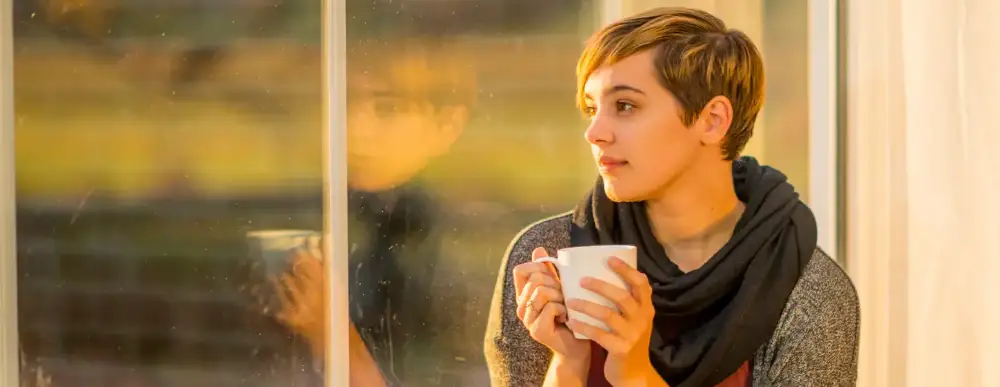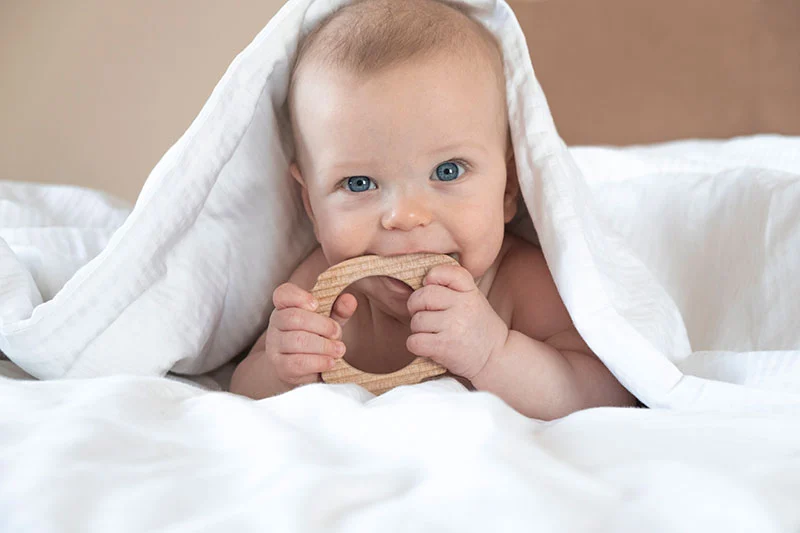The world feels like it’s in turmoil, things are changing at a rapid pace, and uncertainty weighs on all of us. Yet, as a response to being asked how we are, we may still be compelled to reply, “I’m OK” or “everything is fine”. Admitting that we are struggling is hard, and it’s understandable that we don’t want to share our struggles with everyone who asks. But we need to take a realistic look for our own benefit, and ask ourselves “Am I really OK?” Recognizing and accepting that we’re struggling opens the door to giving ourselves the compassion we need, especially in these tough times.
Unlike buying into the inner critic, or ignoring our pain, self-compassion allows us to feel safe with ourselves and to be honest about our struggles and fears. Self-compassion is not about being a victim or having pity on ourselves; we wouldn’t encourage a friend to do this. It’s about giving ourselves the same encouragement, warmth, and support that we give others we care about.
Giving ourselves compassion is often not something we have been taught, or something that comes easily. We live in a society that tends to encourage the belief that we need to be hard on ourselves to do better. Yet, most of us wouldn’t be hard on a friend who was struggling. A really easy way to show yourself more compassion is to simply say “this is hard, but I’m doing my best”. Or think about how someone else who cares about you would respond to your pain. What kind and supportive things would that person say?
Self-compassion is an important part of building resilience, overcoming stressors, and healing from depression and anxiety. Being kind to ourselves nurtures our strengths and positive emotions and increases self-worth. It helps to lift us up when we are down, instead of beating us down further.
Self-compassion is not selfish; in fact, it is just the opposite. The more compassion we can show ourselves, the more we are able to give to others. As human beings, we are all imperfect, and we all struggle in one way or another. Recognizing this enhances the belief that we really are all in this together, and we all need more compassion from ourselves and others. It helps ensure that not only can we weather the storm, but we will all come out stronger, and maybe a little kinder, on the other side.
Doty Collins, LCSW, has worked in different areas of the social work field since 2006. She has experience working with substance abuse and addictions, dual diagnosis, depression, anxiety, and PTSD. She has also been trained in alternative and complimentary chronic pain treatments, as well as brief therapy techniques. She works in the Pocatello Health West Clinic at 1000 North 8th Avenue.








